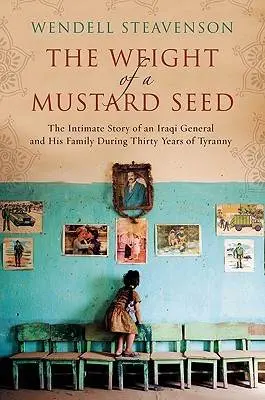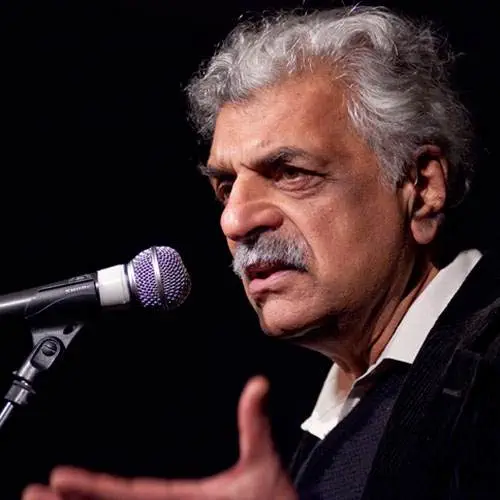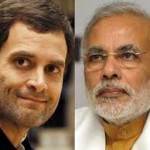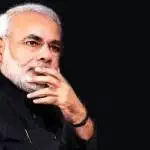 To proclaim patriotism is a popular act, at least politically. To make use of patriotism is a plank of a nationalist and is the first recourse of every politician. Who will vote anyone to power if they did not speak well of the armed forces?
To proclaim patriotism is a popular act, at least politically. To make use of patriotism is a plank of a nationalist and is the first recourse of every politician. Who will vote anyone to power if they did not speak well of the armed forces?
Armed forces are the embodiment of the notion of patriotism. You cannot rise to power without them. Even in democracies the armed forces play a role in keeping the nation democratic, they are an interested party in the power paradigm, or in the least, need to be considered to be so.
However this seems to be an exception with successive governments in India. Fellow veterans are at the end of their tether, who keep the community informed of the latest developments in the case of One Rank One Pension or OROP.
The demand of the veterans for OROP is probably the longest running one that spans the terms of two governments of different parties. Thus, the OROP seems to place a Hobson’s choice to whoever comes to power, for the following reasons:
- It is relegated in importance once the party comes to power, because it is the demand of pensioners, who form a vote bank and can be only be ignored at the risk of not being patriotic.
- The financial impact of granting the OROP may not be that large if granting it only to the armed forces. However, it raises a demand from every government organisation whose employees receive a pension. Denying it to them hurts a larger constituency and loss of votes in the next elections, while also incurring a risk of great financial commitment to the exchequer.
- A general ‘dog in the manger’ attitude of the civil service.
While the OROP will be a subject of wrangling between veterans and the government, the armed forces seem to have no role, but to be benign observers till the day they join the ranks of pensioners. In a recent meeting with the Finance Minister attended by representative veterans, some aspects of the dilemma before the government have surfaced, which may need some consideration.
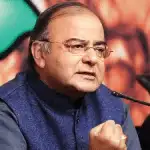 There is an issue of ‘defining’ the OROP. Apparently the subject has been a matter of discussion between the Prime Minister, Defence and Finance Ministers. This can indicate an uneasiness on the impact of granting the OROP. The veterans are quite clear in its definition, which is: one pension for the same rank irrespective of when a person retired. It has not been laid bare as to what could be the government’s definition.
There is an issue of ‘defining’ the OROP. Apparently the subject has been a matter of discussion between the Prime Minister, Defence and Finance Ministers. This can indicate an uneasiness on the impact of granting the OROP. The veterans are quite clear in its definition, which is: one pension for the same rank irrespective of when a person retired. It has not been laid bare as to what could be the government’s definition.
Considering the ripple effect that the OROP could have with the central services making a similar demand, could it be that the Government wants a new definition?
There is a problem and there seems to be no solution around it affecting the morale of the armed forces. There are many privileges that the armed forces enjoy such as defence quotas in professional colleges, in some areas of employment and canteen subsidies, to name a few. For some reason no one grudges these or makes similar demands. These are privileges acknowledged by all. Whereas OROP is packaged as a right and being demanded as such, while perhaps, what is being asked is a privilege.
It could be a play of words, but does boil down to a definition and packaging the same thing in a different wrapper. OROP as a branding and slogan, to me, suggests some disparity which raises the hackles of the civil services, para military forces and the central police services.
In repackaging it perhaps including ‘defence’ or ‘combat’ into the title could well keep the civil service away. Surely they can’t claim to have been in combat!
It needs a new title!
The government has agreed in principle but has to take into account the larger ramifications. It will serve them well to go for it early in their term (one year has passed), as it will give them time to understand and manage its effects.
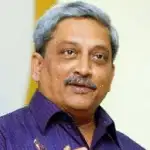 To some extent, the Modi government offers the best chances for getting the veterans their demands. He has chosen some pragmatic, forward thinking ministers who will be open to suggestions, which is indicative of their asking for a definition to the issue. A step closer to the promise being fulfilled. Perhaps some rebranding and packaging may be required.
To some extent, the Modi government offers the best chances for getting the veterans their demands. He has chosen some pragmatic, forward thinking ministers who will be open to suggestions, which is indicative of their asking for a definition to the issue. A step closer to the promise being fulfilled. Perhaps some rebranding and packaging may be required.
The veterans need some support from within the service to take the OROP from being an important issue to a relevant one. Surrendering of medals, rallies and public breast beating won’t cut any ice.
Most importantly, the veterans need some professional lobbying. It wouldn’t be a bad idea to leave it to a think tank or a consultancy or a media firm to look at it from a business perspective, devoid of any emotional conflicts of interest.
Who will pay? The corporate houses or even the very government that needs a new definition, once the issue is resolved. Anything to take it out of the bureaucrats!
Surely, they love the country and the armed forces! At least, we hope!


